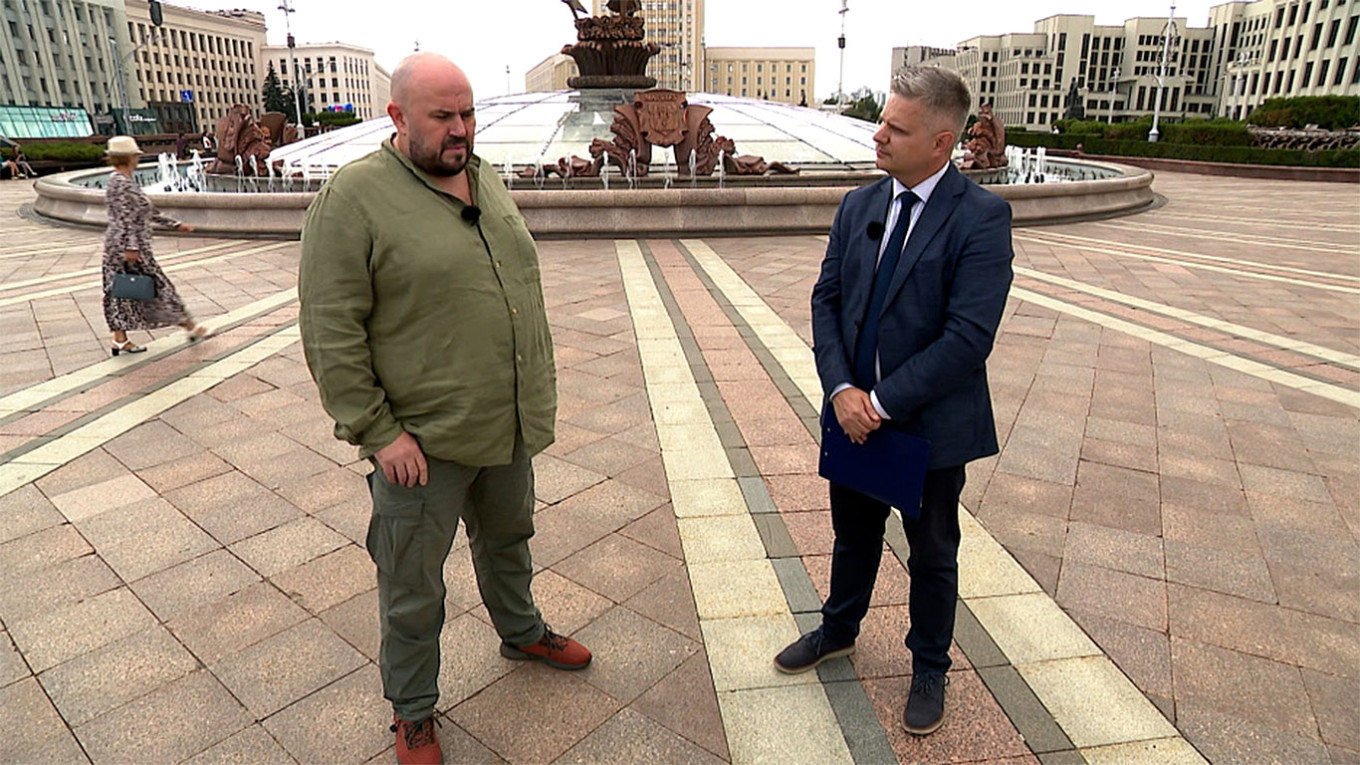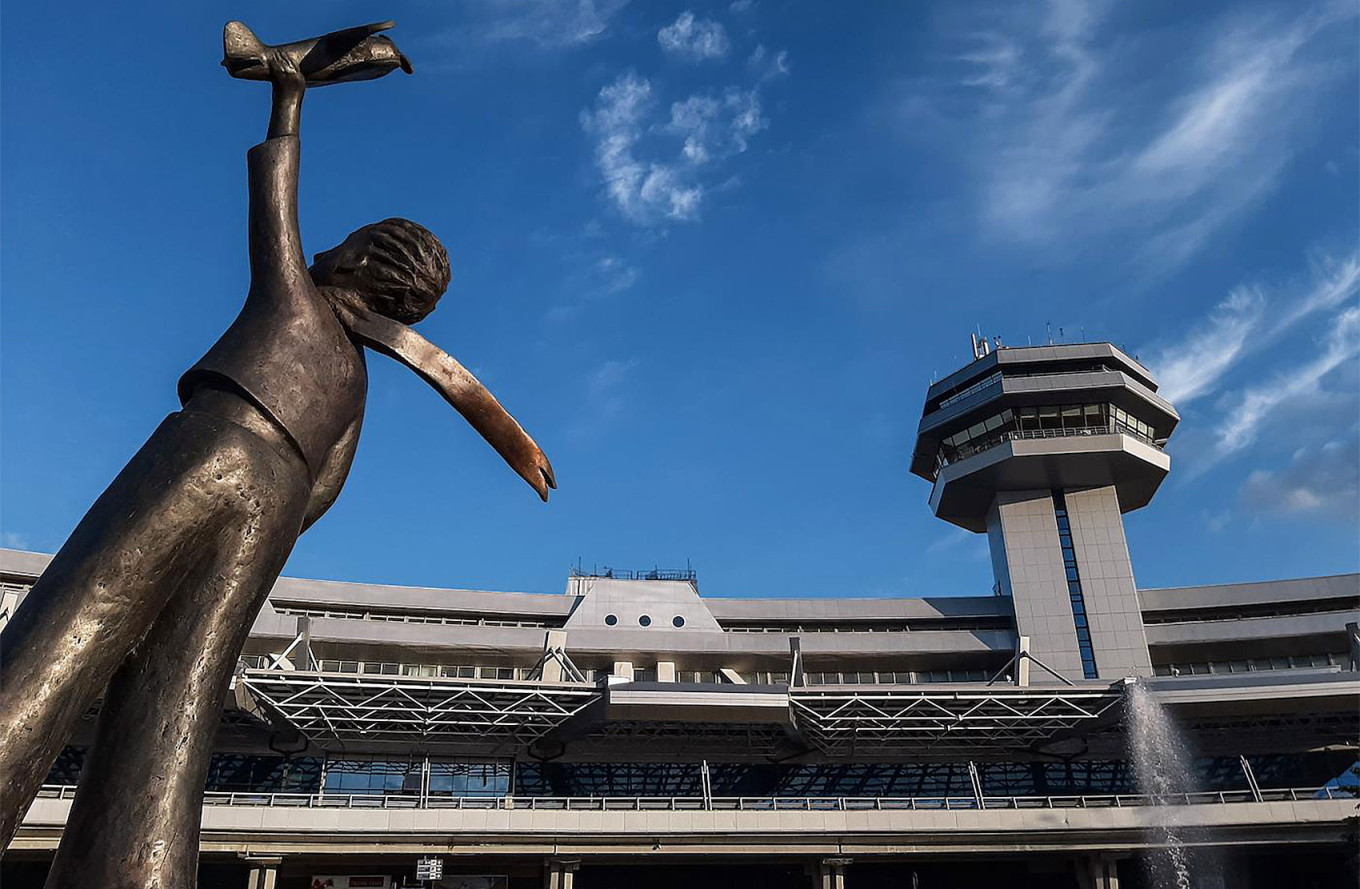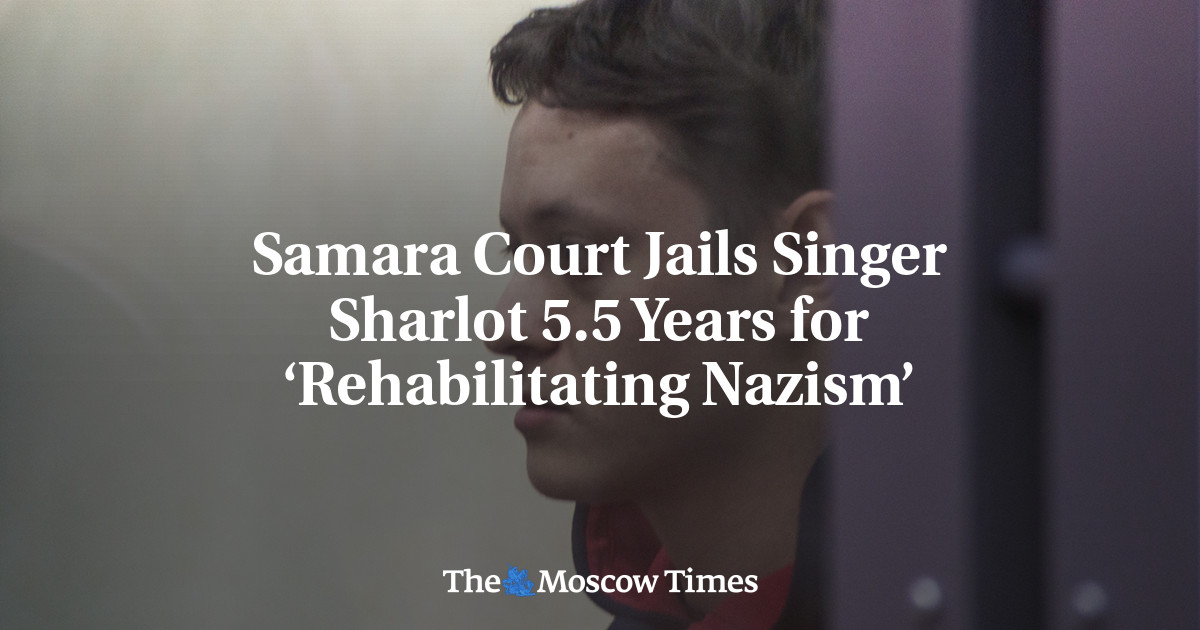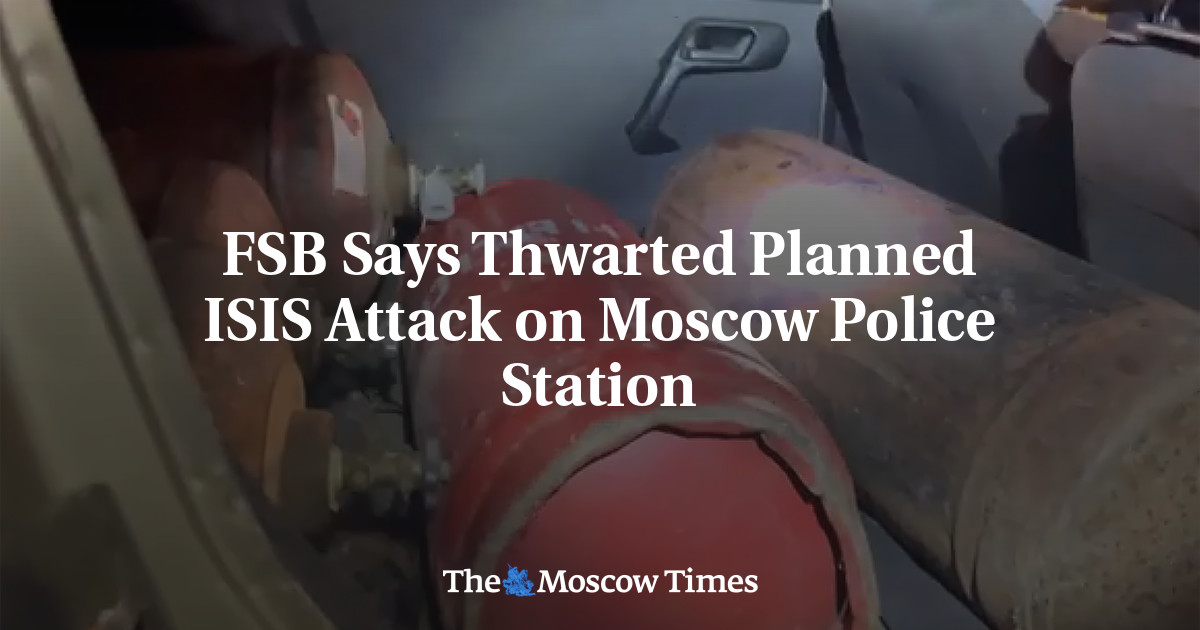“It was hard for me there, I wanted to come back all the time,” Alexander Pipkin, his eyes downcast, said in an interview on Belarusian state television at the end of August.
In the interview, Pipkin is presented as a repenting doctor, formerly part of the Belarusian opposition in exile, who decided to return to his homeland after becoming disillusioned with life in the West.
Such interviews have become a fixture on state television as Minsk now seeks to lure its citizens living in exile to return home.
A decree signed by longtime Belarusian leader Alexander Lukashenko last month limits power of attorney and bans the issuance of Belarusian passports abroad.
And at the start of 2023, a presidential decree created a “return commission” to consider cases of exiled political activists who wish to return.
These policies have forced many Belarusian exiles into a difficult dilemma: return home to renew their documents — and risk arrest — or stay abroad with limited rights.
“It is very painful,” wrote one Poland-based Belarusian whose social media profile is filled with signs of support for the Belarusian opposition.
“My passport will expire in 2024, this is the only document proving my identity. I debated whether I would be arrested at the border or if they would let me in.”
 Alexander Pipkin (left).
Video grab
Alexander Pipkin (left).
Video grab
Between 200,000 and 300,000 people left Belarus following mass protests against Lukashenko’s disputed re-election in 2020, which were met with a brutally violent crackdown.
For many of these people, entering their home country continues to carry a high risk. According to the Viasna human rights center, there are 1,482 political prisoners currently in Belarus.
Those who “repent” for their opposition activities and publicly back the regime are supposedly welcome back in Belarus. But in practice, this appears not to be the case.
Sviatlana Golovneva, legal counsel at Viasna, said many people who have fled Belarus in recent years “are detained when crossing the country’s border” upon their return.
The Belarusian authorities, which continue to track those who took part in the 2020 protests both inside the country and abroad, often force nationals to unlock their phones, checking for any sign of anti-government attitudes and support for the opposition.
Beyond looking at messages, social media accounts, and photo galleries, the authorities have also started trying to trace the location of a phone’s owner during the 2020 protests by relying on a device’s International Mobile Equipment Identity (IMEI).
“This is the simplest way to track a person’s location,” said Evgeniia Babaeva, also from Viasna. And because each phone is associated with a unique IMEI, not even switching SIM cards will prevent the authorities from identifying an individual and his past movement if he uses the same device.
Photos and videos taken of the 2020 protesters, who did not hide their faces, are today used for facial recognition at the border. People are often unaware that their faces and personal information are in such a database — or of the risks associated with coming back home.
Anyone who frequently crosses the border is subject to questioning, regardless of their politics. According to Babaeva, the authorities believe that people who are traveling may be carrying sensitive information back and forth, and as a result, they are interrogated and asked where they are going, why, and for whom.
As it seeks to lure its exiles back, the Belarusian authorities are also working to halt the outflow of citizens abroad.
Ivan Kravtsov, the executive secretary of the Belarusian opposition’s Coordination Council, said Lukashenko is trying to limit the “drain” of Belarusians abroad, and, more generally, “is looking for ways to limit their mobility.”
In Grodno, several school directors were fired because a high percentage of their pupils enrolled in universities abroad, while some students who graduated from university in Belarus were restricted from leaving the country, Kravtsov said.
Many of the high-profile political activists are unlikely to be lured by Minsk’s promise that they will be spared from prosecution if they apply to the “return commission” and apologize for having stood up to Lukashenko.
According to Belarus’ Cyberpartisan activist group, only 16 people applied to the “return commission” during the first five months of its work. Just two of those received a positive response and were required to be interviewed on state television like Pipkin.
Kravtsov told The Moscow Times that these policies are better explained by economic rather than political factors.
“I don’t think anyone wants opposition leaders or activists to return,” Kravtsov said. “Rather, [the departure] of highly skilled ... workers in the IT sector represents a loss in tax revenue, at minimum, and a general economic loss for the authorities.”
In his televised interview, Pipkin, the doctor, stressed that there were more professional opportunities at home than in Germany, which is in line with the Belarusian authorities’ effort to dissuade skilled workers from leaving.
 Minsk International Airport.
Alexander Miridonov / Kommersant
Minsk International Airport.
Alexander Miridonov / Kommersant
The decree to halt the issuance of passports abroad may greatly complicate the lives of some who moved abroad after 2020. Authorities can fine those with an expired passport, even if they are abroad, and seize property if the fine is not paid on time. Traveling without a passport and living abroad may also prove challenging.
The recent measure adopted by Lukashenko will also limit power of attorney, preventing the sale of cars and property from abroad through a proxy — a common practice among Belarusians in exile after 2020 to avoid having to return home.
Belarusians in exile whose passports are set to expire have a few options.
Some Belarusians can receive a second citizenship — such as a Polish one — if they have family roots there, Golovneva from Viasna noted. Others in Poland, Lithuania, and Estonia can obtain a travel document valid in the Schengen zone and gain international protection by getting a refugee travel document.
Yet there is little coordination at the European level regarding Belarusian rights, and their situation becomes even more precarious outside the EU. In Georgia, for example, fears have emerged that the country may start deporting Belarusians with expired passports.
Exiled opposition leader Svetlana Tikhanovskaya's team announced that she and her staff were working on creating a passport for “New Belarus,” an alternative to the state-issued document.
Kravtsov expressed skepticism that this passport would be treated as a valid document anytime soon, as passports are usually only recognized at the international level among sovereign entities.
Lukashenko’s latest decree also raises the broader question of the rights of Belarusians abroad and their links to their homeland.
By preventing Belarusians from leaving, luring others back in, restricting their rights and severing ties with those who are bound to exile due to political opposition, Minsk is waging a war against the Belarusian opposition presence abroad at multiple levels, activists and experts say.
The result is a state that is a prison for some and an inaccessible homeland for others.
“Citizenship becomes useless,” Golovneva said, “because the level of security that the state should provide you with when you are its citizen is not provided for people who are abroad.”
 (1).png)
 1 year ago
26
1 year ago
26













